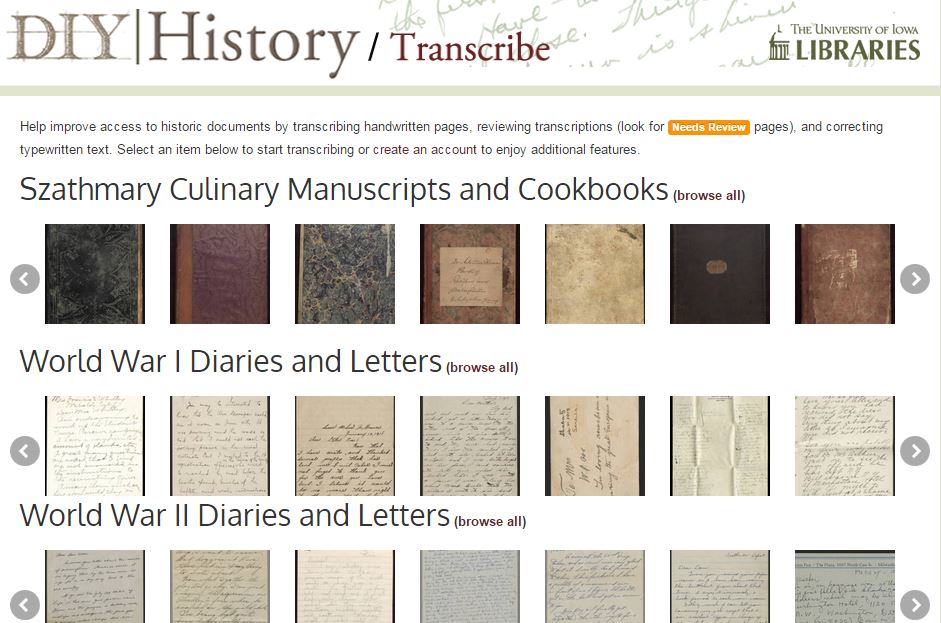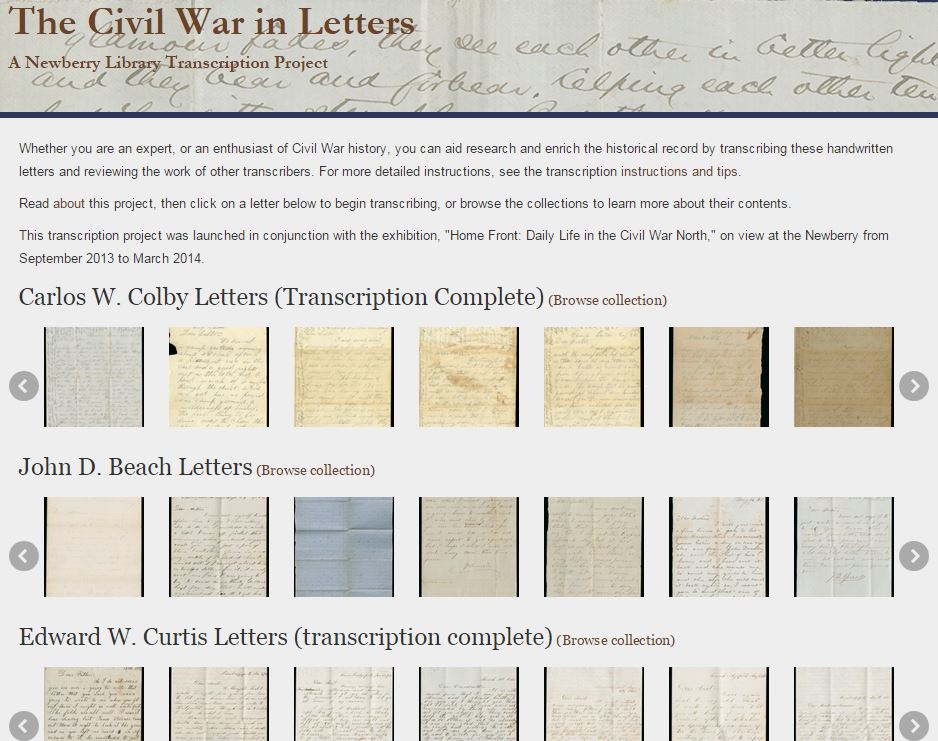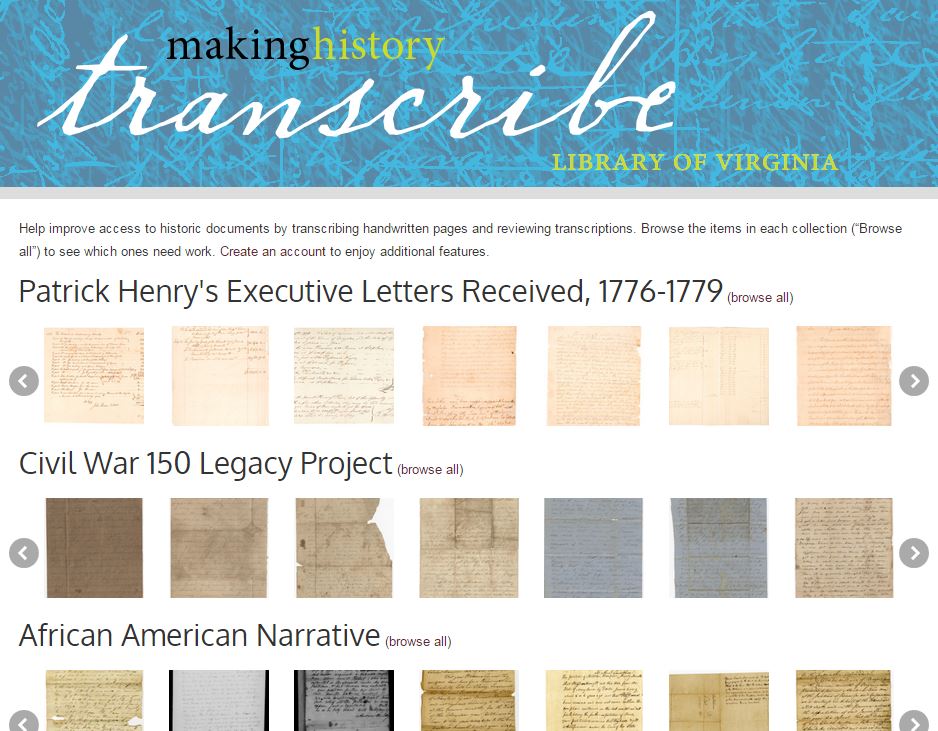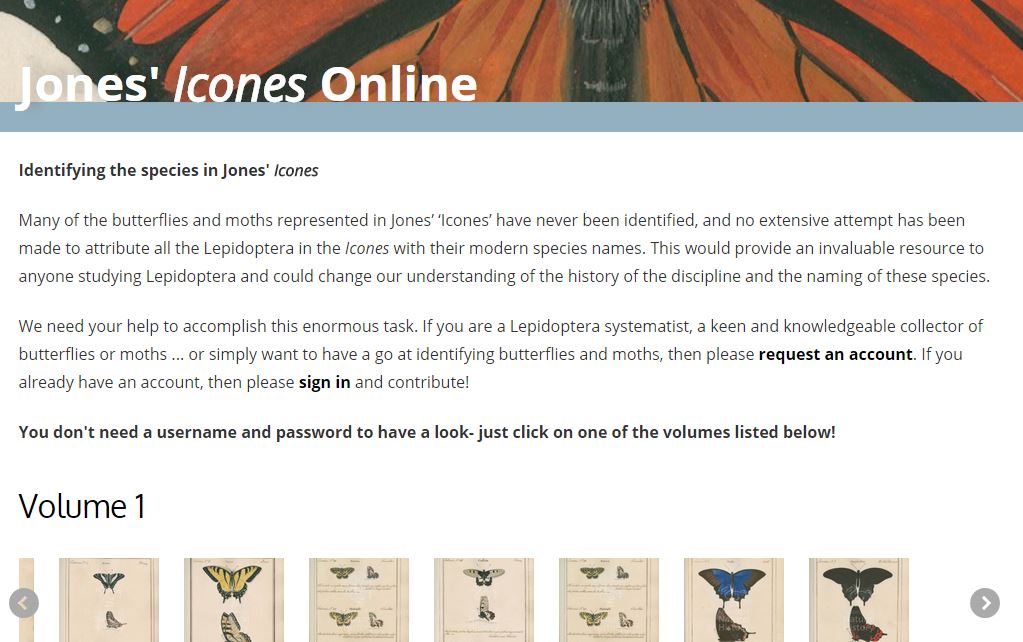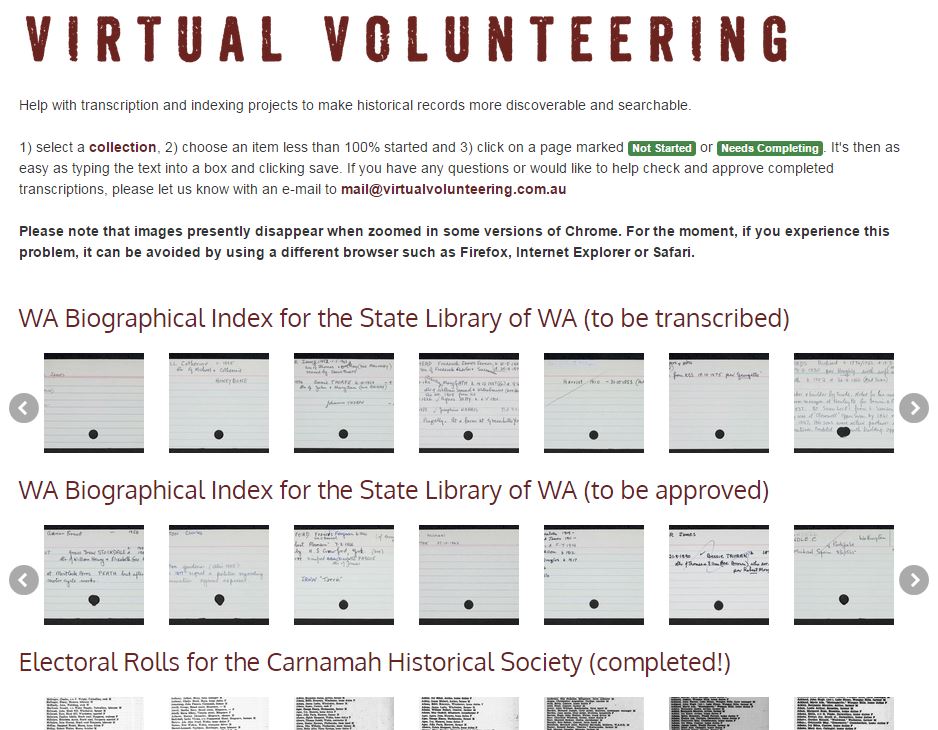For librarians, particularly those in academic settings, an important part of the job is contributing to the development of the profession; traditionally, this has included tasks such as giving presentations at conferences and publishing articles in scholarly journals. But thanks to the evolving nature of our work and to innovations on the part of our developers, the University of Iowa Libraries has become active in a new area of professional development: sharing code for re-use and adaptation by other institutions.
When George Mason University’s Center for History and New Media launched Scripto, an NEH-funded open-source tool for transcription crowdsourcing projects, we were eager to adopt it for DIY History to replace our existing makeshift and labor-intensive system. Once it was installed, we became even more eager to make extensive changes to Scripto. While the tool was designed to treat transcription as an add-in activity for digital exhibits, we needed it front and center for DIY History.
DRP’s developers, Shawn Averkamp (now at New York Public Library) and Matthew Butler, solved this problem by adding new features to Scripto and creating a simple-to-use theme that focuses exclusively on the act of transcription. Other enhancements included a progress system for tracking completion status, as well as various scripts for migrating mass quantities of objects and metadata from our digital library to DIY History and back again. As it turned out, we weren’t the only ones looking for these functionalities. In the open source spirit of sharing work for the good of the community, Shawn and Matthew made their enhancements and related code available online, where it’s been reused by a number of other institutions [see below].
As we prepare to launch a redesigned and streamlined DIY History soon, we’re grateful for the open source tools that have allowed us to make progress on our own project, and thrilled to have contributed to the development of crowdsourcing sites at other libraries and museums.
“DIY History and similar projects are about community” says Matthew Butler, the Libraries’ Multimedia Consultant. “They succeed because of the collaborative efforts of transcribers, developers, librarians, and curators to make the content and tools as accessible as possible.”

